This is just the beginning, say scientists working on the new technology.
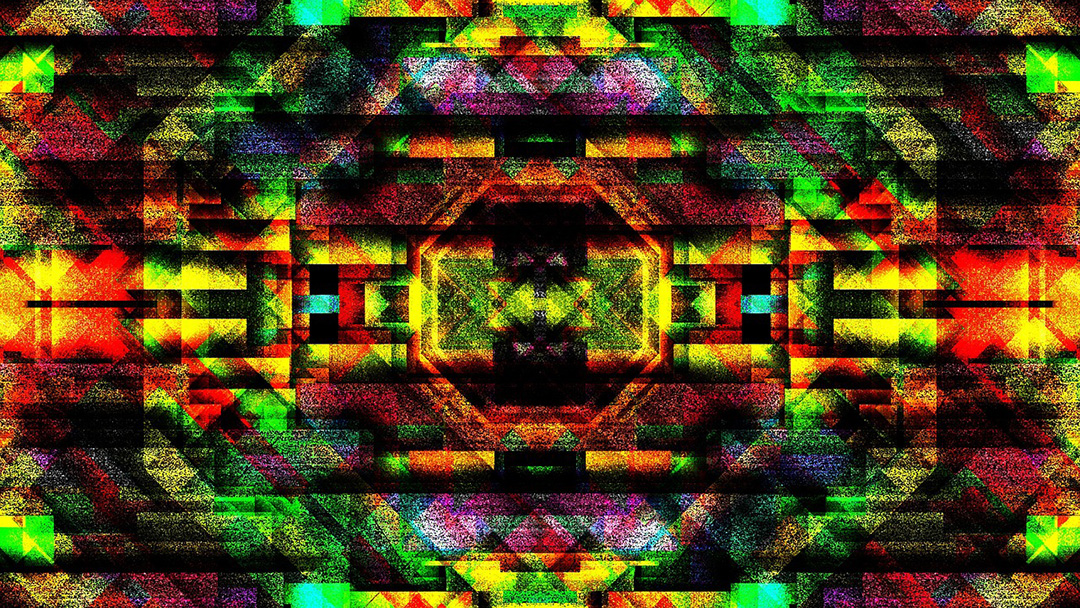

This is just the beginning, say scientists working on the new technology.

Scientists achieve groundbreaking room-temperature quantum coherence for 100 nanoseconds, propelling molecular qubits closer to practical quantum computing.
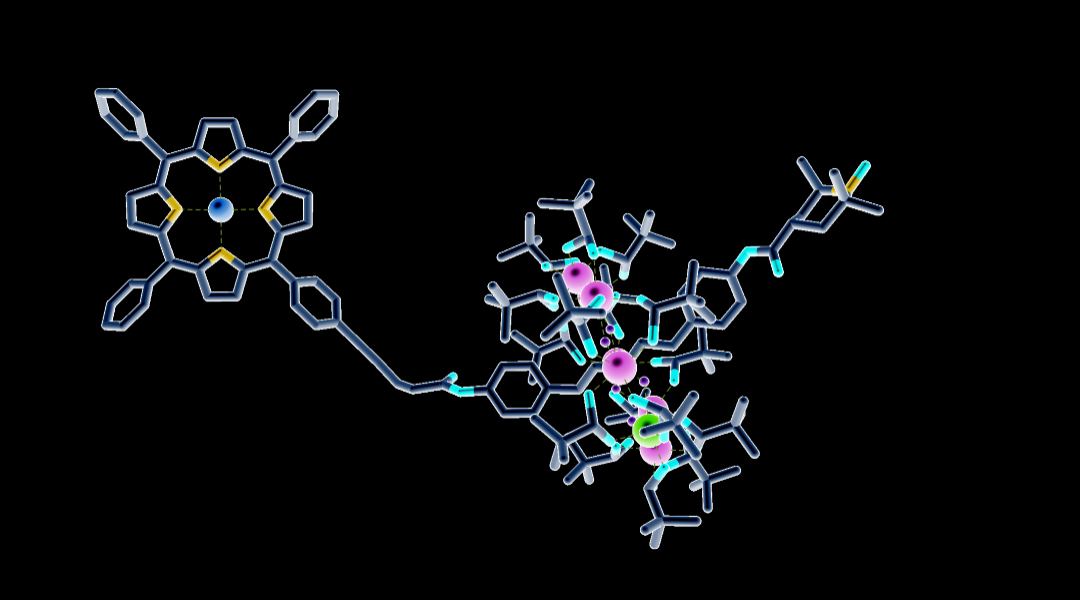
A molecular complex was built to contain three distinct qubits, offering an intriguing architecture for future quantum computers.
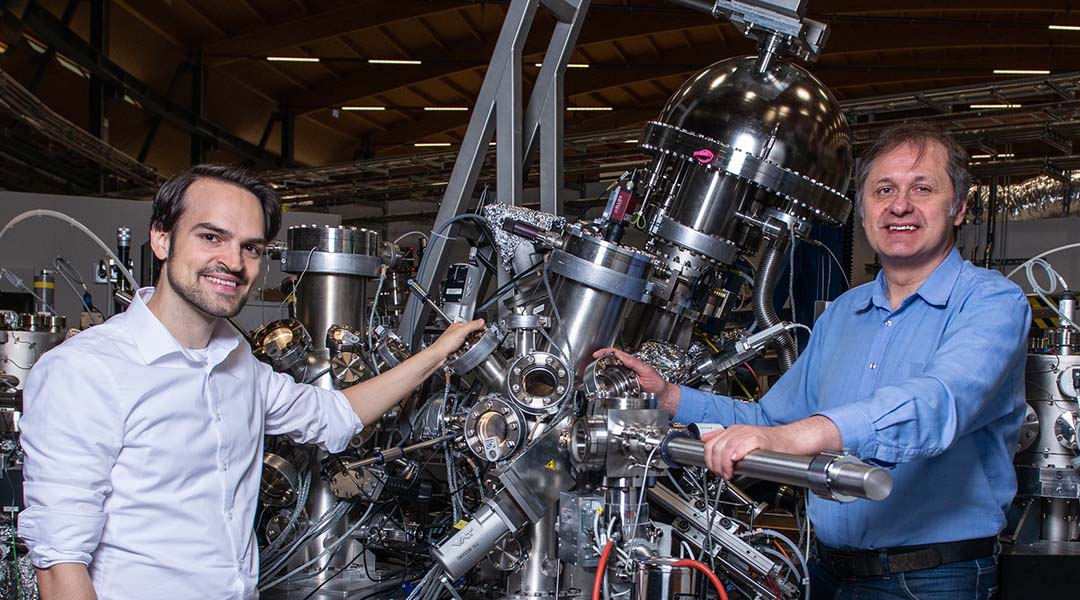
A new endeavor explores the idea of topological qubits that are easy to engineer for error-free quantum computing.
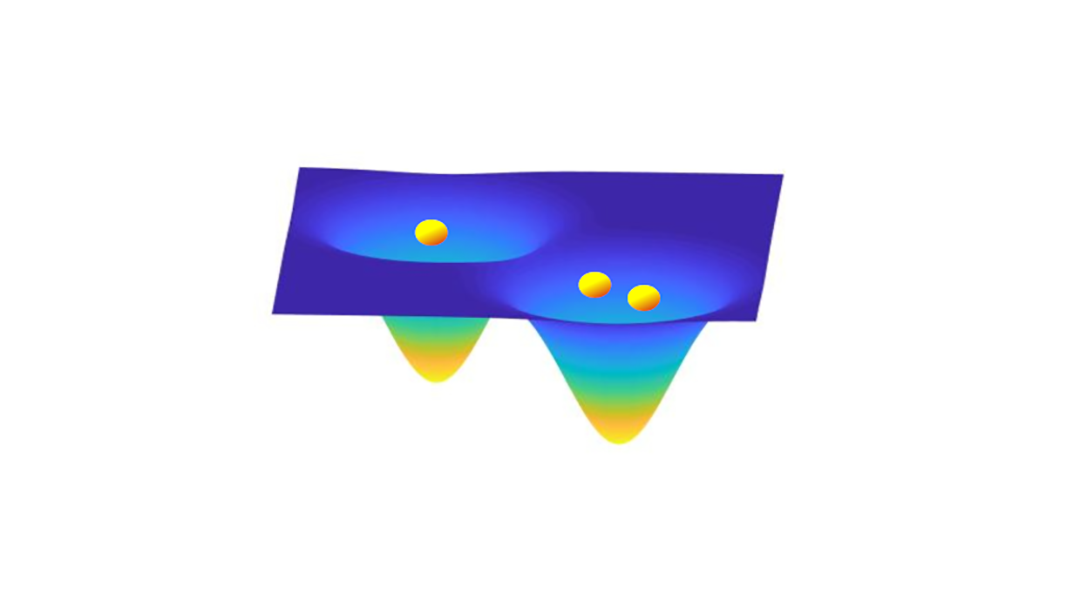
Predicting the experimental conditions that enhance coherence times for semiconducting quantum dot hybrid qubits.
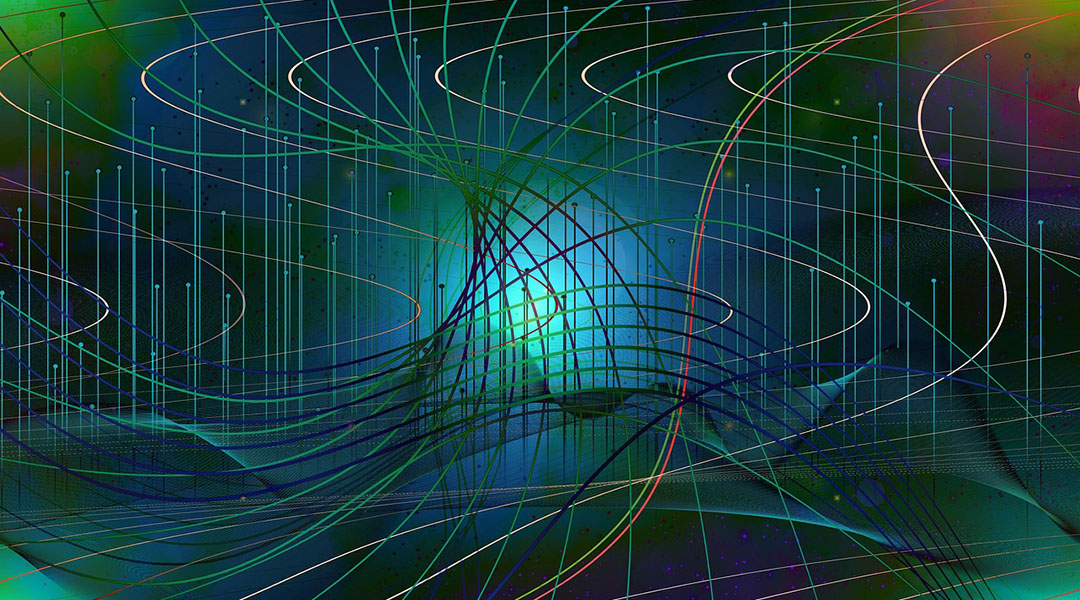
Scientists created flexible probabilistic bits from custom polymers, offering a new, energy-efficient path for AI and machine learning using classical physics.
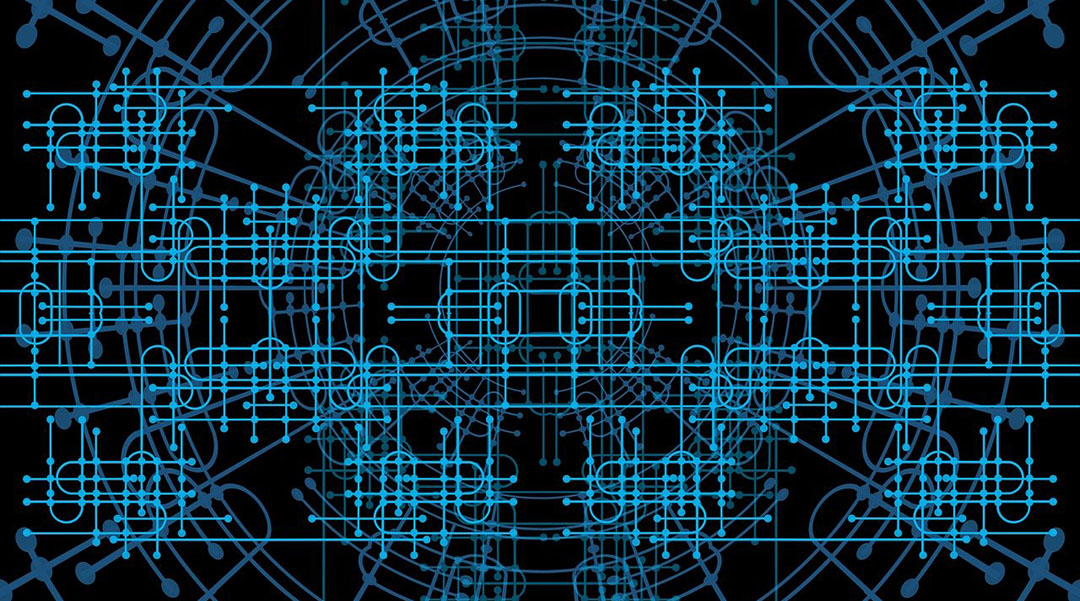
A new study targets feature selection, a key step in machine learning where the algorithm determines which parts of the input data are most relevant to making accurate predictions.

Once disruptive, phonons now improve quantum dots’ behavior, making them more reliable for quantum communication and cryptography.
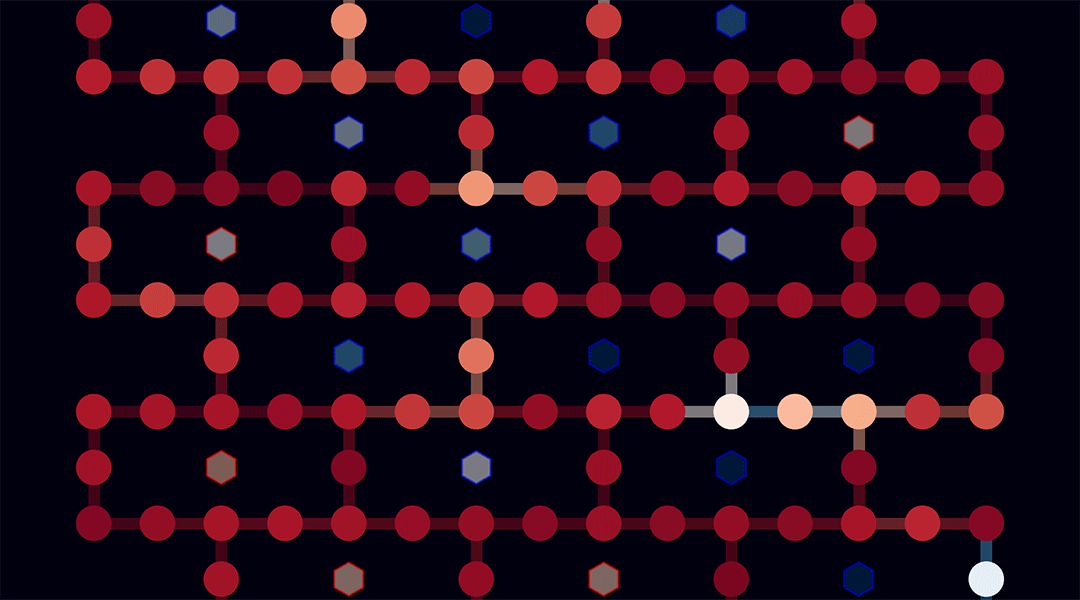
Researchers have developed a new method to benchmark quantum computers by measuring their ability to create entangled qubit states.

Machine learning is bringing forth the future of secure communication, swiftly identifying single photons that hold the key to quantum tech.